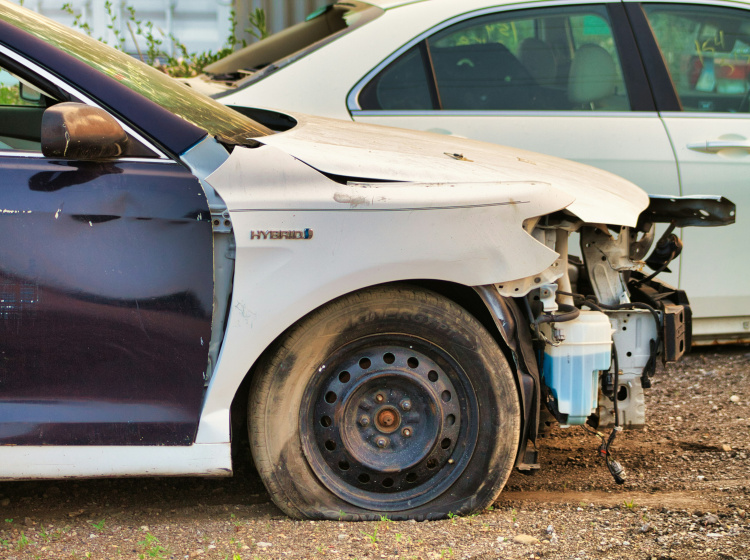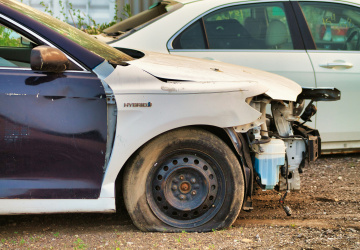150 thousand crowns for switching from a combustion engine to an electric vehicle, the German automotive industry is desperately seeking a way out of the crisis
Get rid of your old combustion engine vehicle or older electric car and receive up to 150,000 CZK towards the purchase of a new one. According to the German Vice Chancellor, this could be one of the solutions to get the German automotive industry out of the crisis.
Desperate times call for desperate measures. At least, that's how the last few weeks in the German automotive industry can be described. It is trying to find any way out of the crisis, in which local politicians, led by Vice-Chancellor and Minister of Economy Robert Habeck, want to assist. He now plans to propose the introduction of so-called scrappage schemes for internal combustion engine vehicles, which should support greater sales of electric cars. Interested parties could receive a subsidy of up to 6,000 euros (approx. 150,000 CZK) when exchanging their existing vehicle with an internal combustion engine for an electric car.
The German automotive industry, once considered one of the pillars of the European economy, is now in deep crisis. Declining sales, the transition to new technologies, and the costs associated with electrifying the vehicle fleet have led to stagnation that requires quick and decisive solutions. In response to this situation, the German government, led by Vice-Chancellor and Minister of Economy Robert Habeck, is coming up with an ambitious proposal aimed at supporting the transition to electric cars and reviving declining sales.
According to the proposal that is to be discussed in detail at the upcoming automotive summit (convened by Habeck himself), German consumers could receive up to 6,000 euros (approx. 150,000 CZK) as a bonus when exchanging their internal combustion engine vehicle for a new electric car. For those opting for a used electric car, the bonus would amount to 3,000 euros. This move aims to boost interest in electric vehicles and help the industry overcome current challenges.
Get rid of your old combustion engine vehicle or older electric car and receive up to 150,000 CZK towards the purchase of a new one. According to the...
The scrappage initiative, which was successful in Germany during the economic crisis in 2009, is now once again gaining political interest. The Social Democratic Party (SPD), part of the ruling coalition, is pushing for several measures to support the automotive industry, with the main point being the reintroduction of the scrappage scheme. “We are convinced that electric cars are the future,” says the SPD document referenced by the German weekly Stern.
According to this document, the German automotive industry is in crisis and needs immediate and decisive steps to stay competitive in the global market and retain its leading position.
In addition to the scrappage scheme, SPD proposes seven other measures to support the automotive industry. One of these is the introduction of a so-called social leasing program, which would provide a state subsidy for leasing electric cars for low and middle-income people. This model would be inspired by a similar program that operates in France.
Other measures include investment in electric vehicle infrastructure, especially in building charging stations and supporting the installation of home chargers (Wall Boxes). According to SPD, a clear message should come from the automotive summit that the government and the industry will work together to overcome this crisis.
Verena Hubertz, deputy chairman of the SPD faction, emphasized the importance of the automotive industry for the German economy: “Volkswagen and the entire automotive sector are the engine of Germany. When this engine starts to stutter, we must restart it.”










